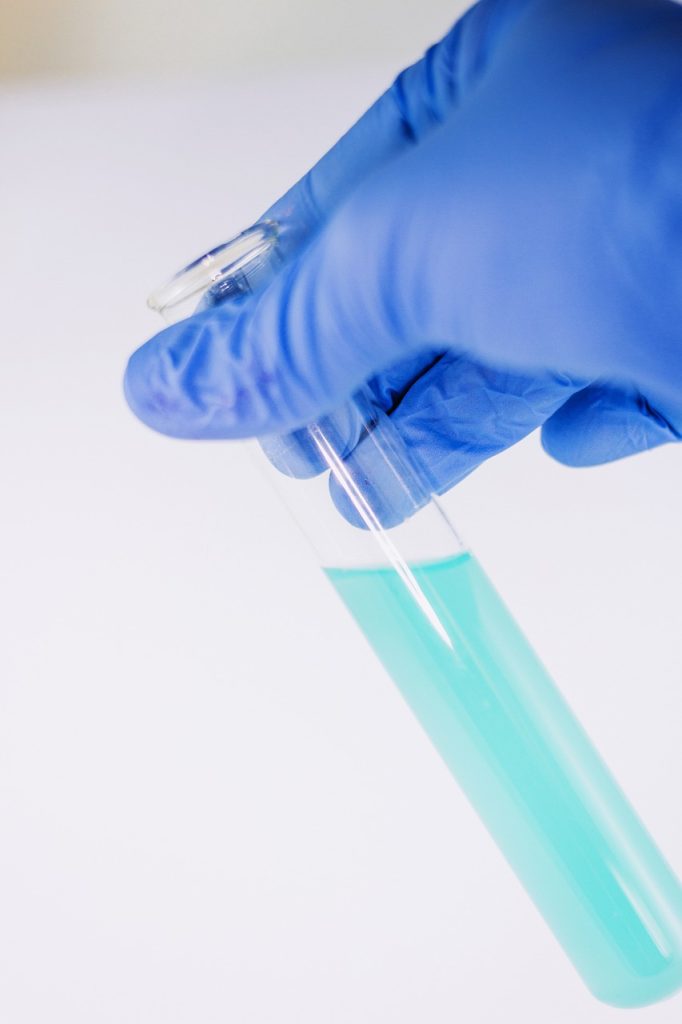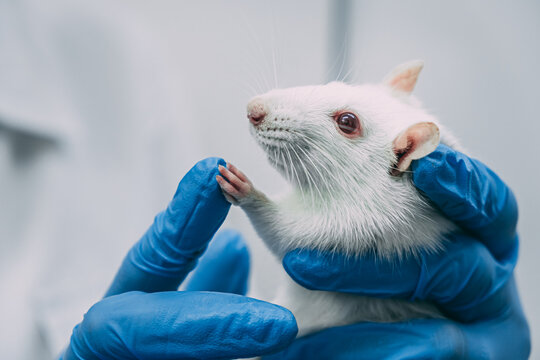Course Policy
The International Course “Care and use of laboratory animals: mice, rats and zebrafish is a two-week intensive course that is organized at the University of Crete (Department of Biology), Greece, in collaboration with the Institute of Molecular Biology and Biotechnology, FORTH, Crete, Greece. It comprises lectures, practical hands-on training, group and independent work activities as well as final examinations and covers a total duration of 125-h, equivalent to 5 ECTS.
The course is a continuation of the successful Erasmus IP course on the “Care and use of Laboratory Animals: Science, Philosophy and Society” that was held in spring 2014.


The main objectives of this course are to:
- provide advanced education, training and expertise in the care and use of vertebrate laboratory animals,
- present the basic philosophical concepts and scientific principles on animal welfare,
- clearly comprehend the vital principles for quality research, and
- provide a international certificate demonstrating competence in working with laboratory animals for research purposes.
The contents of the course are in line with the requirements of the new European Directive 2010/63/EU (covering functions A, B, C, D) and the recommendations of the Federation of European Laboratory Animal Science Associations (FELASA) for the accreditation of Educational and Training courses in Laboratory Animal Sciences. Successful participants will be awarded a certificate, now a requirement according to the revised European Directive, which demonstrates competence in working with laboratory animals for research purposes. Target groups: Professionals, PhD and post-graduate students from all fields of Biomedical Sciences who are responsible for directing as well as for carrying out animal experiments.
The curriculum covered the following topics:
- Ethical aspects: Human-animal relationship. Introduction to Animal Ethics. Ethical dialogue and ethical reasoning. Intrinsic vs. instrumental value of animal. Arguments for and against the use of animals for scientific purposes.
- Welfare: Philosophical concepts of welfare; Biological-functional approach: homeostasis, allostasis. Cognition, appraisal, coping strategies and behaviour.
- Legislation: European laws/directives. National legislation. Notification and authorization procedures. Supervision by regulatory bodies and ethics committees. Writing a laboratory animal license application. Alternatives to animal experiments.
- Biological aspects of laboratory animals (mice, rats and zebrafish): The life-cycle in captivity. Physiology, immunology, behaviour. Anatomy, necropsy, organ removal and fixation.
- Breeding: Reproductive biology. Breeding methods. Quality of gametes and off-spring. Sperm-cryopreservation.
- Genetics: Genetic standardization, Inbred strains; co-isogenic, congenic lines. Transgenic animals; recombinant inbred strains.
- Microbiology and diseases: Diseases of laboratory animals (bacteriology, parasitology, virology). Cleaning, disinfection and sterilization. Health monitoring, diagnosis and prevention of disease.
- Management of the animal facility and its resources: Current education and training requirements with laboratory animals. Operation of the animal facility. Computerised management systems. Health hazards and safe practices in the animal house. Waste disposal. Quality and GLP in Lab Animal Facility
- Anaesthesia, analgesia and euthanasia: Nociception and pain. Species and individual specificity of pain experience. Pharmacology and pharmacokinetics of substances used for anaesthesia, analgesia and euthanasia. Management and monitoring.
- Design and conduct of research programmes and animal experiments: Choice of an animal model. Experimental design. Statistical analysis and interpretation of results. Defining alternatives; the 3R principle of animal use. Harm/benefit analysis: cases of research studies using laboratory animals in practice.
Participation and Attendance
If you cannot attend a class it is a courtesy to inform the coordinator or the secretary of the course in advance if possible.
Two (2) or more unexcused absences from lectures will result in automatic failure for the course. Excused absence (due to illness or a family emergency) from one practical will result to repeat the respective practical during the next course.
Examination
- Multiple choice written exam: 85%
- PPT – Application protocol: 15%
Important Requirements to Pass:
You must obtain at least 50% in each component (written exam and PPT).
Your average grade (combined score of the written exam and PPT) must be at least 60%.
Example: If you score 50% on the written exam and 50% on the PPT, your total score will be 50%, which is below the required 60% average, and you will not pass. To pass, if you score 50% on the written exam, you will need at least 70% on the PPT to reach the 60% average.
